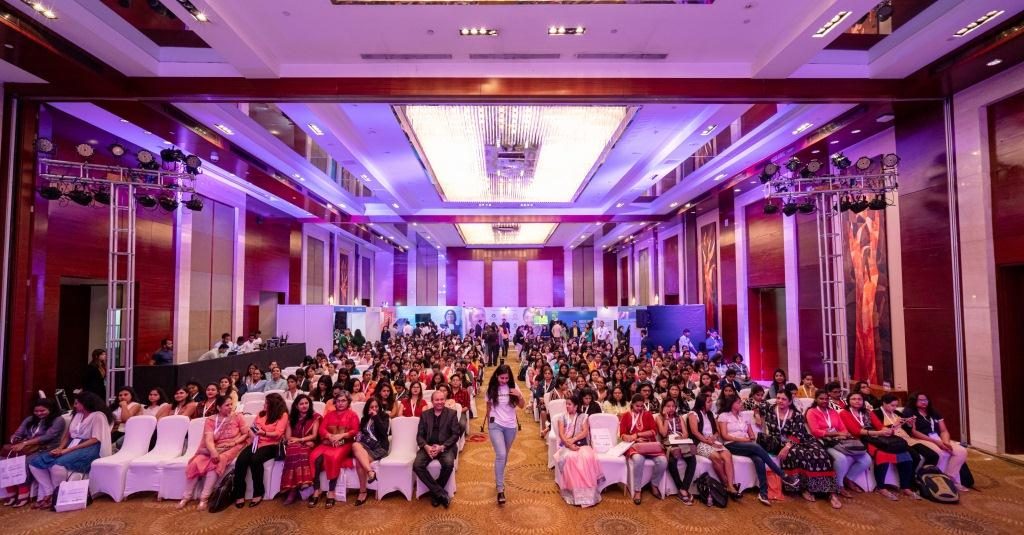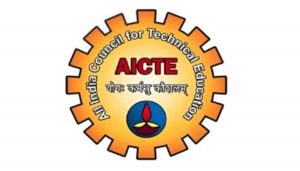Economic shocks like the demonetization, lockdown has reduced female participation at work, say experts

Pune, December 11, 2020: The economic shock like demonetization and the lockdown period has disproportionately hit the Female Labour Force Participation Rate as women between the age group of 15 to 44 have suffered 52.4 % of job losses in 2020 according to experts including Mahesh Vyas, Managing Director and CEO, Centre for Monitoring Indian Economy Pvt Ltd and Prof. Ravinder Kaur, Professor of Sociology and Social Anthropology, IIT, Delhi at the two-day online National Conference on Women@Work organized by Pune International Centre (PIC) along with Gokhale Institute of Politics and Economics (GIPE), Mumbai School of Economics and Public Policy (MSEPP) India Development Foundation today.
The conference was presented by Dr Vijay Kelkar, Vice President, PIC and Prof. Pradeep Apte, Professor Emeritus, Savitribai Phule Pune University.
As per the ‘Consumer Pyramid Household Survey’ conducted by CMIE, in 2019-20 urban female employment rate remained at 7.34 % as compared to male rate at 63.68 %, while rural female employment rate was 9.70 % as compared to male rate at 68.16%.
“There has been a low labour force participation rate among women according to the statistics as only 11% of women are willing to work as compared to 72% of men. In November 2019-20 the urban female employment rate was at 5.55% as compared to male rate at 60.64% while rural female employment rate was at 8.83% as compared to male rate at 65.34%. The economic shocks like demonetization and GST earlier had seen lots of women losing their jobs as many small enterprises and micro-companies where women could get work collapsed,” said Vyas.
“To encourage India’s economic growth and social development we need to put more women at good and recognized jobs. We need to build an egalitarian society where the work ratio of both males and females should be balanced and also need to safeguard against economic shocks,” he added.
Speaking on the issue, Ravinder Kaur said, “Women go missing from the labour force as they get more educated as the study shows that educated women opt to stay home to invest time in their children’s education or for ‘Home Production’. Women who are not working contribute to the higher status of the family. Also, there’s a decline in jobs in agriculture due to the shift of the economy from agriculture to other sectors and the lack of suitable jobs.”
The first session ‘ Challenges and Mitigating Strategies’ was chaired by Rajani Gupte, Vice-Chancellor, SIU. Prof. Amaresh Dubey, Centre for Study of Regional Development, School of Social Science, Jawaharlal Nehru University, and A Srija, Economic Advisor, Ministry of Finance, Gov. of India along with Shrinivas Shirke, Deputy Director, National Statistical Office, Pune presented their papers in the first session. Prof. Dubey said ” The decline in female work participation is across all age groups in rural areas, perceptible increase in the urban areas for the women aged 25 years onwards”.
“Women face a disproportionately high burden of unpaid activities both in rural and urban areas. It is necessary to create entrepreneurial opportunities in household enterprises and also provide skillsets and financial support to employ women,” said Shrinivas Shirke.
In the panel discussion, Meena Gopal, Chairperson, Advanced Centre for Women’s Studies, TISS, Seema Kulkarni, National Facilitation Team Member, MAKAAM and Senior Fellow, SOPPECOM and Nilanjana Sengupta, Technical Specialist II, ICRW expressed their views on challenges faced by women at work and policies to address these challenges.





